An Unwanted Gift? Feedback at Work
By Ellie Hearne
Throughout our careers, we all have lightbulb moments. We realize significant things about how we’re perceived, what’s valued in our company culture, and what makes others behave the way they do.
I once worked with someone who was great at straightforward tasks, but less strong when it came to anything requiring more critical thinking or independent execution.
After a collaboration with this person (replete with coaching and feedback to help develop them), I had a significant realization: no one they had worked with in the past had been invested enough in their career to offer constructive feedback or to coach them on how to improve.
They had always been told “great job!” for getting basic things done and had never been given feedback or tasks with more depth. The result was that they had reached mid-career without having moved beyond low-level responsibilities and they weren’t great at hearing feedback that would help them advance and improve.
For someone who wants only low-level responsibilities, this isn’t a bad thing per se. But this person wanted to advance - to be seen as an expert consultant in their space. And, as most leaders will tell you, accountability and initiative-taking are valuable in all levels of an organization.
Imagine if, instead of simply saying “Good job! We love how helpful you are!”, one of their previous managers had instead noticed the person’s ambition and said, “You did a great job creating a tracking spreadsheet for xyz, it helped keep everyone organized. How would you go about managing the project from start to finish? Give it some thought and we can talk about how to apply your approach to our next project.” And then followed up with them to help refine their approach and ultimately give them more independence and accountability.
That being said, I know why those past managers didn’t do it. Giving timely, constructive feedback can feel like a burden - an uncomfortable conversation we’d rather avoid. As leaders, early on we realize that giving feedback can be just as uncomfortable as being on the other side of the table, if not more so. But, without those conversations, performance and morale suffer, and we set people up to fail.
It’s also a two-way street. As employees, it’s important to seek out feedback and to show ourselves to be open to it - particularly if we wish to advance. Even if we disagree with what we hear, it’s useful to know how other people perceive us.
Time well spent?
Particularly as we navigate the human and business impacts of the pandemic, the transition to working remotely, and the emotional upheaval of all of the above, feedback is often overlooked - just when doing it right has become even more important.
In that spirit, here are some reasons to do it and do it well:
Done well, feedback helps a person (and ultimately, the whole team) do better. If they don’t know what they are doing wrong, they are highly unlikely to address it.
Done well, feedback is what helps a person get from their current role to the level of performance required to do their next one… Or simply to excel in their current position.
Even if done poorly, feedback should give a person a sense of how others see them - perception is reality, etc.
How feedback is handled can color the whole company’s culture, for better or for worse. If a founder shouts rash criticisms across the office, everyone suffers. If they instead offer well-intentioned, critical feedback 1:1, they set the tone for a more positive culture (and that’s a good thing).
If you only offer bland, positive feedback, you can’t expect performance to improve. And you’re setting the person up to fail (in other words, it must be hard to hear constructive feedback if you’ve only ever been told “great job!”)
Clear, well-intentioned feedback can help avoid awkward and morale-lowering scenarios wherein an employee thinks they’re doing a great job and is in line for promotion - but is actually not even in the running.
Feedback is a as variable and complex as the people, projects, and culture involved. We frequently help clients improve their company’s “feedback cultures,” and leaders to give and receive it effectively. Talk to us to learn more.
—
Ellie Hearne is a leadership-communications expert and founder of Pencil or Ink. She has worked with Apple, Google, Kate Spade, Marriott, Mastercard, Morgan Stanley, Oracle, Pfizer, Piaget, Spotify, Starbucks, and Twitter, among others, and has coached numerous individuals and teams. She holds a Master’s from the University of St Andrews and is studying Organisational Leadership at Oxford University’s Saïd Business School. She’s been quoted in The New York Times and the Irish Times on workplace communications and in Business Insider on entrepreneurship.

